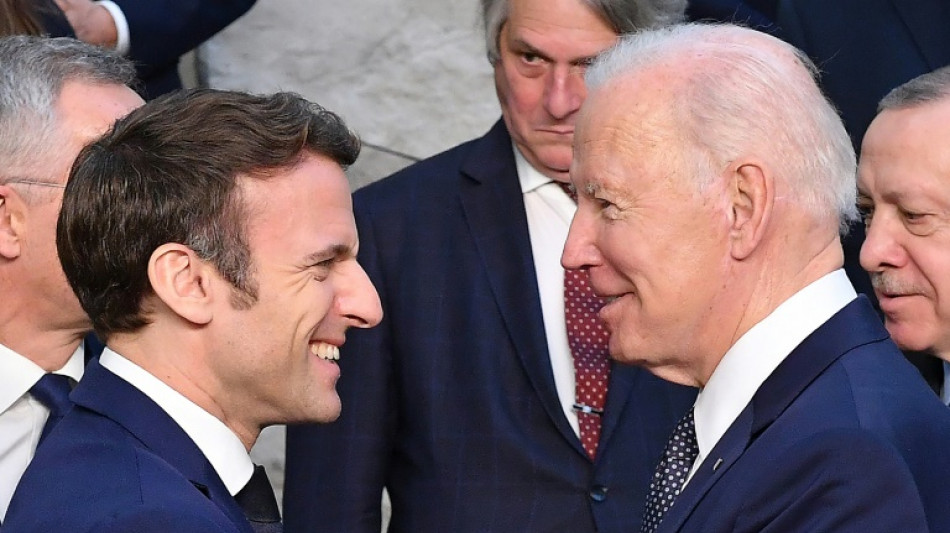
-
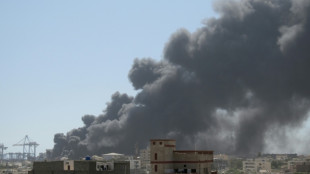 Drone strikes spark civilian exodus from army-controlled Sudan aid hub
Drone strikes spark civilian exodus from army-controlled Sudan aid hub
-
First responders in Gaza run out of supplies
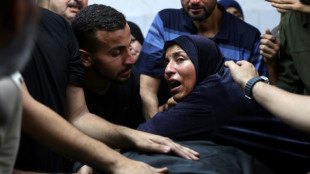
-
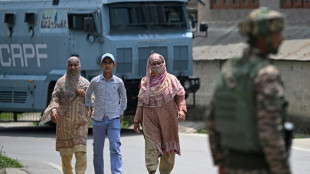 Pakistan shoots down 25 Indian drones near military installations
Pakistan shoots down 25 Indian drones near military installations
-
Xi meets Putin in Moscow as Ukraine reports truce violations
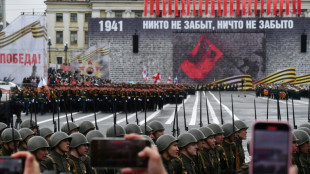
-
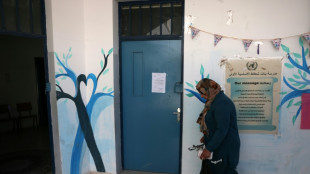 Israel forces close UN schools in annexed east Jerusalem
Israel forces close UN schools in annexed east Jerusalem
-
Trump to announce 'trade deal' with UK
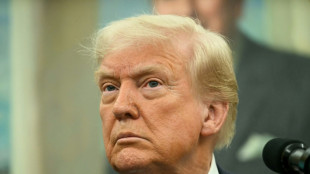
-
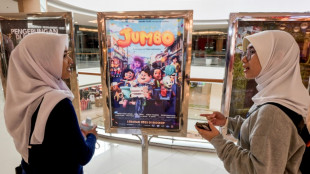 'Jumbo': the animated Indonesian film smashing records
'Jumbo': the animated Indonesian film smashing records
-
Stocks rise on trade hopes, London boosted by reports of deal

-
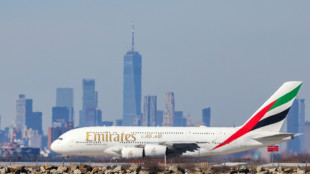 Emirates airline group announces record $6.2 bn gross profit
Emirates airline group announces record $6.2 bn gross profit
-
Accused mushroom murderer sent children to movies before deadly meal
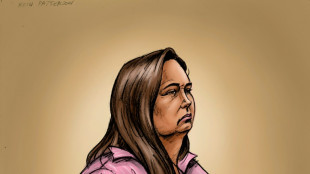
-
 Nintendo forecasts 15 million Switch 2 sales in 2025-26
Nintendo forecasts 15 million Switch 2 sales in 2025-26
-
Australian Greens chief loses his own seat
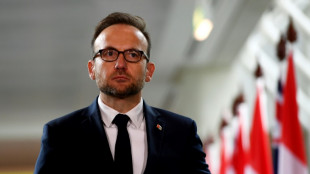
-
 Toyota cites tariffs as it forecasts 35% net profit drop
Toyota cites tariffs as it forecasts 35% net profit drop
-
Wolf protection downgrade set for green light in EU
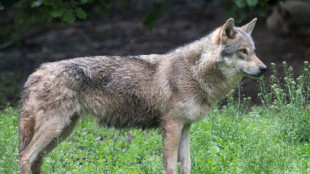
-
 Global cult following keeps Le Creuset simmering
Global cult following keeps Le Creuset simmering
-
Austria's JJ makes operatic pop soar at Eurovision

-
 Toyota cites tariffs as it forecasts 35% drop in 2025-26 net profit
Toyota cites tariffs as it forecasts 35% drop in 2025-26 net profit
-
Depoliticising Eurovision 'impossible', experts say
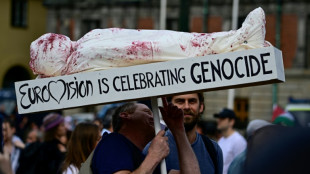
-
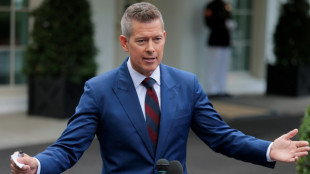 Trump official to unveil ambitious US air traffic control upgrade
Trump official to unveil ambitious US air traffic control upgrade
-
India and Pakistan trade fire after deadly escalation
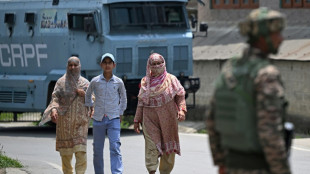
-
 Knicks rally again to take 2-0 lead over Celtics, Thunder roar back
Knicks rally again to take 2-0 lead over Celtics, Thunder roar back
-
What the shell: scientists marvel as NZ snail lays egg from neck
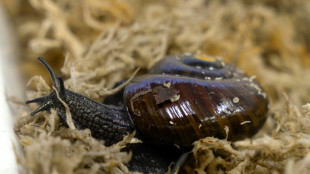
-
 Eurovision week's opening parade set to start the party
Eurovision week's opening parade set to start the party
-
Trump to announce trade deal with UK on Thursday: US media
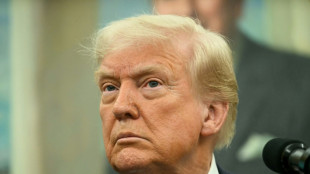
-
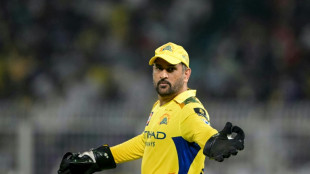 Dhoni says 'nothing to decide now' over retirement plans
Dhoni says 'nothing to decide now' over retirement plans
-
A bitter return for Iraqis kicked out of Europe
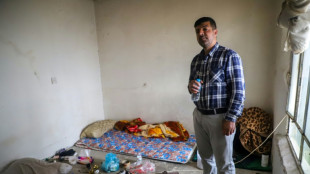
-
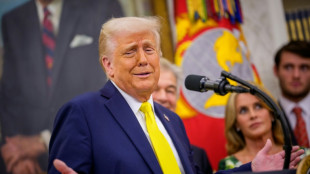 Stocks rise further on growing trade deal hopes
Stocks rise further on growing trade deal hopes
-
Filipino pope could revive priestly vocations in Catholic bastion
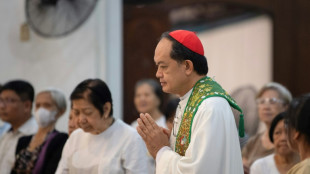
-
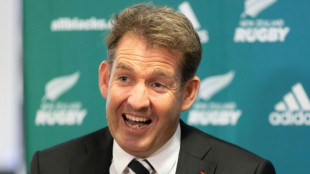 NZ Rugby posts $11.6 mn loss, admits financial model 'not sustainable'
NZ Rugby posts $11.6 mn loss, admits financial model 'not sustainable'
-
NZ Rugby posts $19.7mn loss, admits financial model 'not sustainable' financial model
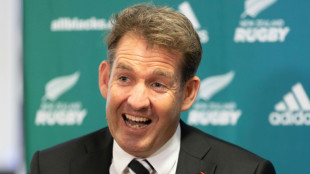
-
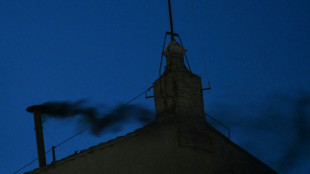 All eyes on Sistine Chapel chimney as conclave enters day two
All eyes on Sistine Chapel chimney as conclave enters day two
-
Digital voting breeds distrust among overseas Filipino workers
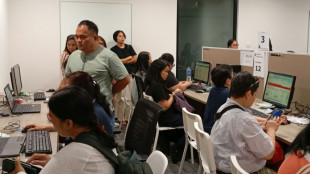
-
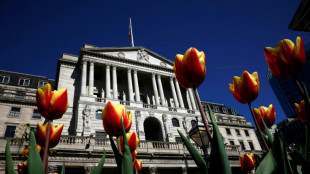 Bank of England set to cut rate amid Trump's tariffs
Bank of England set to cut rate amid Trump's tariffs
-
Trump tariff plan brings Hollywood's struggles into focus

-
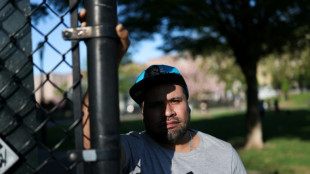 'Dream turned nightmare' for Venezuelan migrant deported from US by Trump
'Dream turned nightmare' for Venezuelan migrant deported from US by Trump
-
Acceptance Period for MFE's Voluntary Public Takeover Offer for ProSieben Commences

-
 Hemogenyx Pharmaceuticals PLC Announces Placing to Raise £451,250 and Director’s Dealing
Hemogenyx Pharmaceuticals PLC Announces Placing to Raise £451,250 and Director’s Dealing
-
Agronomics Limited - Liberation Labs Announce Manufacturing Partnership

-
 Malaysia Cybersecurity Center of Excellence Marks First Anniversary with New Partnerships, Scholarships and Expanded Programs
Malaysia Cybersecurity Center of Excellence Marks First Anniversary with New Partnerships, Scholarships and Expanded Programs
-
California leads lawsuit over Trump's EV charging funding change

-
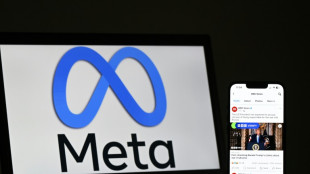 Meta blocks access to Muslim news page in India
Meta blocks access to Muslim news page in India
-
PSG are deserving Champions League finalists, says Luis Enrique
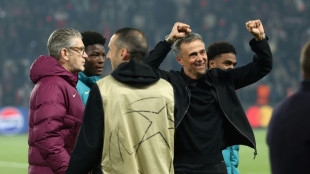
-
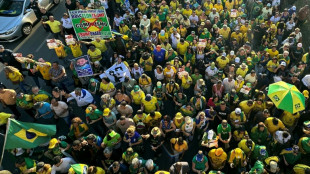 Bolsonaro leads rally at site of 2023 Brazil insurrection
Bolsonaro leads rally at site of 2023 Brazil insurrection
-
Mexico City prepares to welcome millions for 2026 World Cup

-
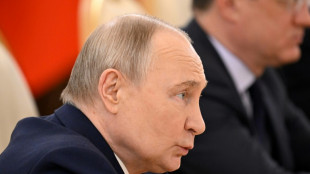 Putin's order for three-day truce with Ukraine enters force
Putin's order for three-day truce with Ukraine enters force
-
Defiant Arteta says Arsenal were best team in Champions League despite painful exit
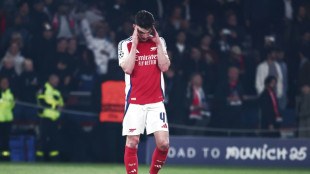
-
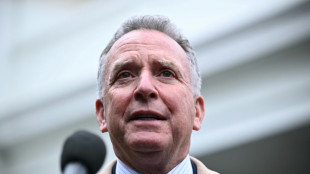 US envoy Witkoff briefs UN Security Council on Gaza, other issues
US envoy Witkoff briefs UN Security Council on Gaza, other issues
-
Tens of thousands take part in Istanbul rally for jailed mayor
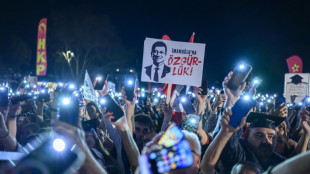
-
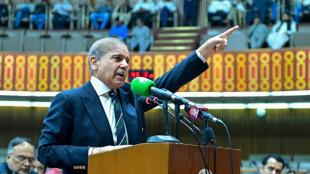 Pakistan warns will 'avenge' deaths from Indian strikes
Pakistan warns will 'avenge' deaths from Indian strikes
-
US Fed pauses rate cuts again and warns of inflation, unemployment risks
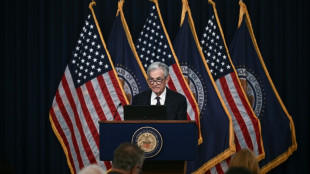

Genocide: legal term source of political controversy
The reluctance of some European states to call out Russian atrocities in Ukraine as "genocide" has sparked tensions with Kyiv, but use of the precise legal term to describe the greatest of all crimes has long been a source of political contention.
US President Joe Biden this week said Russia's actions against Ukrainians amounted to genocide, in comments echoed by Canadian Prime Minister Justin Trudeau and British Premier Boris Johnson.
But French President Emmanuel Macron, also backed by Germany's Chancellor Olaf Scholz, declined to deploy the word in a stance Ukrainian President Volodymyr Zelensky deemed "painful".
Zelensky has repeatedly branded Russia's military onslaught a "genocide", a term first coined by the Polish lawyer Raphael Lemkin in the 1940s.
It was enshrined in the 1948 United Nations Genocide Convention in the wake of the extermination of Jews and other minority groups in World War II.
Under the convention, acts of genocide are committed "with intent to destroy, in whole or in part, a national, ethnic, racial or religious group."
Russian President Vladimir Putin has also seized on the word to describe what he says is the persecution of Russian speakers in east Ukraine, a claim rubbished by Kyiv's Western allies.
- 'Use with great care' -
But beyond uncontested examples, such as the Holocaust and the 1994 mass killings of ethnic Tutsis in Rwanda, the employment of "genocide" by politicians has always been loaded.
In his comments, Macron said it was best to avoid "verbal escalations" and be "careful" with the use of the word.
In recent years, genocide has most commonly been called up by activists and some governments and legislatures to label China's persecution of its Muslim Uyghur minority, and the actions by Myanmar against the Rohingya Muslim minority.
Going further back, Turkey has long rejected Armenia's stance that the World War I massacres of Armenians by Ottoman forces were genocide.
Ankara has angrily hit back at Western governments that see the massacres as a genocide, including when Biden recognised it as such in 2021.
Ukraine has in past decades also vigorously campaigned in the face of Russian opposition for the Stalin-era famines on its territory in the 1930s -- known as the Holodomor -- to be recognised as genocide.
Cecily Rose, a professor of international public law at Leiden University in the Netherlands, said there was "extensive evidence" to support the Rohingya and Uyghur genocides.
But she cautioned that the term "should be used by politicians with great care and caution and preferably on the basis of an independent fact-finding body," she said.
William Schabas, professor of international law at Middlesex University in London, described the word genocide as a "superlative" used when terms like war crimes or crimes against humanity do not seem strong enough.
"The problem with a superlative is that you have nothing further to use. You can only use it once," he said.
"The word genocide has a precise legal definition but it is also widely used by politicians and activists because of its capacity to inflame and excite," he added.
- 'Do same with all conflicts' -
The International Criminal Court's chief prosecutor Karim Khan has already opened a probe into Ukraine and held virtual talks with Zelensky over what appears to be the targeted killings of civilians.
Celine Bardet, a lawyer and international crime investigator, applauded the swift opening of an inquiry but said she wished the "same is now done with all conflicts".
Urging that emotions should not get in the way of justice, she said the ICC risked reinforcing a reputation that it is an instance that "only works when the West pushes it to do so".
Biden said Tuesday that use of the term was apt, as it has "become clearer and clearer that Putin is just trying to wipe out the idea of even being able to be a Ukrainian".
Macron appeared to suggest particular prudence was needed in this context, given that Ukrainians and Russians were "brotherly peoples" with very similar ethnic origins.
But the comment by Macron -- who so far has not joined the line of European leaders heading to talks in Kyiv with Zelensky -- touched a particularly painful nerve in Ukraine.
"Talk of 'brotherly' ties between Russia and Ukraine is misguided. Brothers don't torture, rape, kill the others' family," Ukrainian foreign ministry spokesman Oleg Nikolenko said on Twitter.
Ch.Havering--AMWN